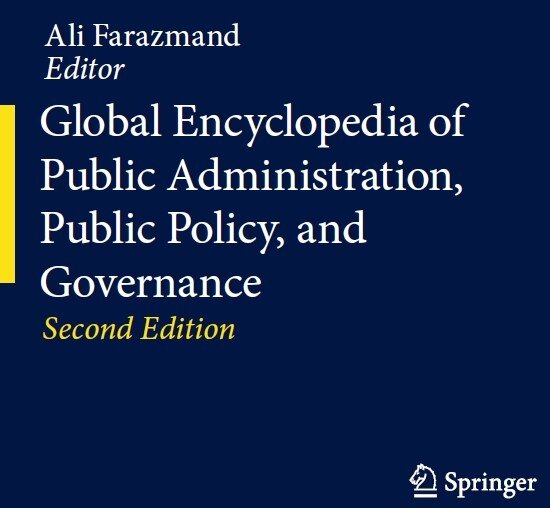Local Government, Brazil
Brazil is a federation with a presidential government, a bicameral and multiparty legislative branch, and an independent judiciary with the prerogative of constitutional review. Its subnational government structure is divided into 26 states and 1 federal district that choose their respective governors and legislative assemblies. It has 5,570 municipalities, governed by a mayor, secretariats, and a municipal legislative chamber, elected by proportional representation. Mayors are elected for 4-year terms, with the possibility of one reelection, in elections held during periods that do not coincide with federal and state elections. The quorum required for the election of municipal mayors is plurality in municipalities with less than 200,000 voters and majority runoffin cities with a constituency above this threshold.
MARENCO, André. Local Governments, Brazil. In: FARAZMAND, Ali (ed). Global Encyclopedia of Public Administration, Public Policy, and Governance


